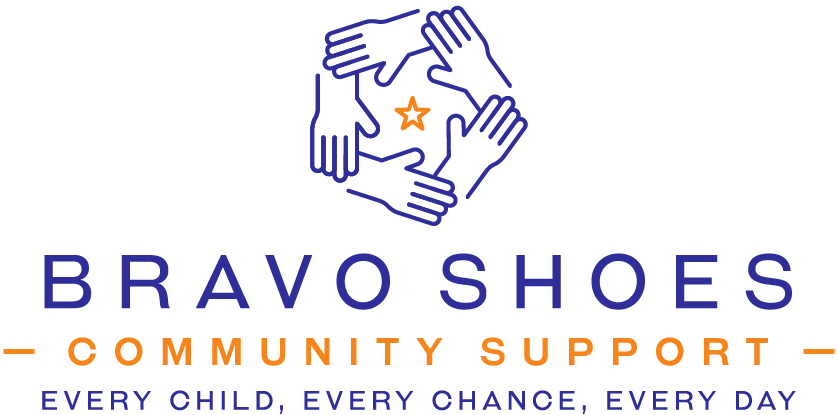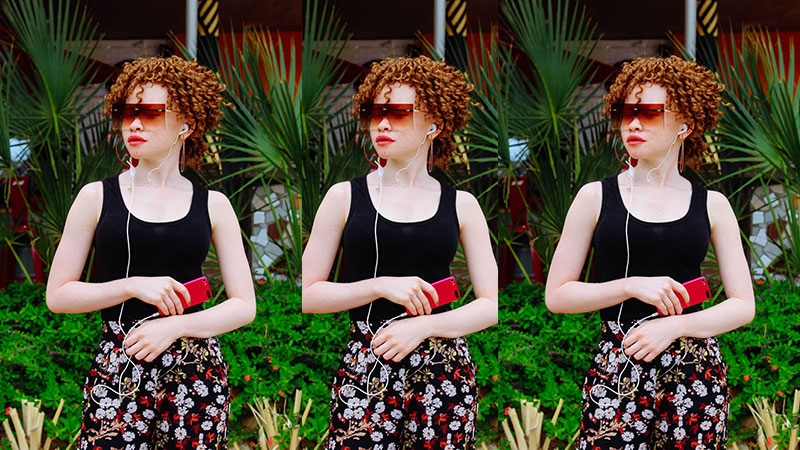On World Albinism Day, Bravo Shoes Community Support Organisation was dissecting reports of stigma and witchdoctors in East Africa that have often been linked with the killing and dismembering of albinos for their body parts, for charms.
It is alleged that they use parts of the bodies to make charms that they believe can make people rich.
The Uganda Albino Association (UAA), wrote to the government about atrocities committed against them by witchdoctors in the country and called for government protection.
Around 90% of people with Albinism live in Jinja and Iganga district live in rural areas where they can’t grow their own food because of the danger from the Ugandan sun. They also face danger from Albino hunters who use them in ritual sacrifices.
Albino children between the ages of 3 to 16 years in the districts of Jinja, Mayuge, and Namutumba in Uganda have challenges in their lives from fear of being sacrificial lambs, health, and low levels of education, and stigmatization.
Albinism is still profoundly misunderstood, socially and medically. Available records indicate that Uganda has about 5,000 to 20,000 Albinos.
How to Overcome
According to Olive Namutebi a resident of Kyanja village in Kampala, a professional accountant by training and one of the key voices for People with Albinism in Uganda.
“I have a son who does not have albinism. I have experienced first-hand stigma and discrimination because of my condition,” said the founder of the Albinism Umbrella organization in Uganda.
“I believe that my education has raised my self-esteem and made me stronger beyond my peers! I also feel that people with albinism have many opportunities to explore the current disability space. But first, we have to find out how big our community is and that is precisely what the Voice grant will help us do: to identify and map the albino community,” she adds.
According to Namutebi, Albinism has several challenges and among them are low vision, sun damage potentially resulting in skin cancer, widespread discrimination, and ignorance.
“Most of these challenges hinge on ignorance and therefore creation of awareness is a great intervention. Sun damage can be mitigated by wearing sunscreen, long-sleeved dressing, and avoiding sun exposure to being with,” she adds
Namutebi is optimistic that society would understand albinism, know the truth and pass it on!
“Albinism is only a genetic condition inherited from both parents and it is not contagious. Albinism is caused by a recessive gene and evidenced at birth where a child lacks pigmentation in the eyes, skin, and hair.”
I want people to know that old negative beliefs dehumanize people with albinism. I am concerned that women are most affected by this. It is not true that women with albinism are a curse; or are ghosts.
On stereotypes like that they don’t die but just disappear, Namutebi argues that it is not true adding that it is also not true that they have magical powers to heal HIV/ AIDS or make other people wealthy.
These beliefs and practices should be dealt away with as they violate the right to life for persons with albinism.
Another victim is Samalie Lukabwe who is also a member of the Albinism Umbrella and lives in Gayaza, Wakiso District.
Growing up as a person with albinism, she faced a number of challenges, some of which started from early childhood right at home.
“I was born as the eighth child and the only one with albinism in my family. My parents were not happy with me and they gave me a way to my grandmother. She is the one who brought me up,” she narrates.
“It was a problem enrolling me in a school because I was the only child with albinism in the area. Other parents were not comfortable having their children in that school because I was perceived to be a ghost and not a human being,” she says.
Growing up in so much isolation, and being young, Lukamwe believed each and every single negative remark people made about me. I believed that I was a ghost and that I would never die, just disappear.
The Dark Side of Being an Albino
Tanzania has a dark relationship with albinism. Witch doctors hunt those suffering from the condition for their body parts, which are used in potions to bring good luck and wealth. Victims can be kidnapped and then dismembered by hired killers, or even sold by unscrupulous family members, with body parts fetching up to $75,000).
The UN estimates around 80 people with albinism in Tanzania have been murdered since 2000.
But these brutal attacks are not the greatest threat to people with albinism in Africa. They face a slower death from a disease known as the “silent killer”. Without melanin to protect them, they have a much higher risk of getting skin cancer.
The International Albinism Awareness Day is observed around the world on June 13 every year. The holiday is organized by the United Nations to battle the discrimination against those diagnosed with albinism and to create a society that is aware.
Albinism is a rare, genetically inherited condition. Albinism is extremely rare, meaning both parents must carry the gene for the child to inherit the condition. The condition is found in both sexes regardless of ethnicity. Albinism results in a lack of pigmentation in the person affected by it — this means they have uncharacteristically light hair, skin, and eyes. This increases the risks associated with exposure to the sun and bright light. As a result, almost all people with albinism are visually impaired and at an increased risk of developing skin cancer. There is currently no cure for this condition.
Due to a lack of melanin in the skin and eyes, persons with albinism often have a permanent visual impairment and require corrective eyewear from a very early age. Persons with albinism also endure discrimination due to their skin color and face discrimination on the grounds of both disability and color.

